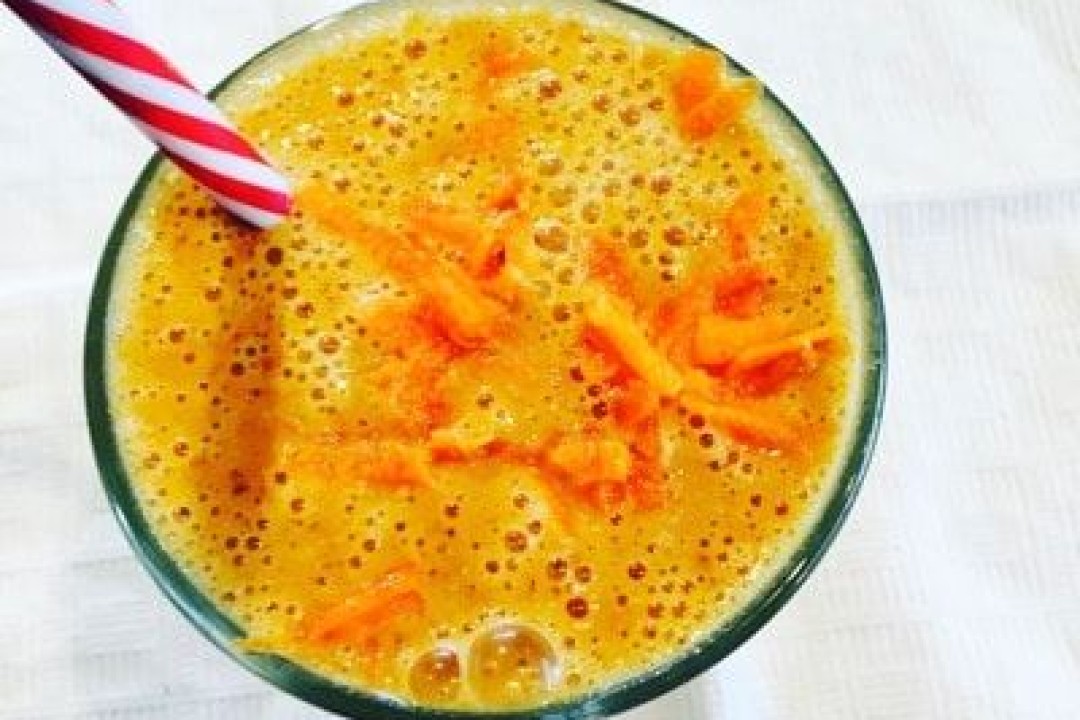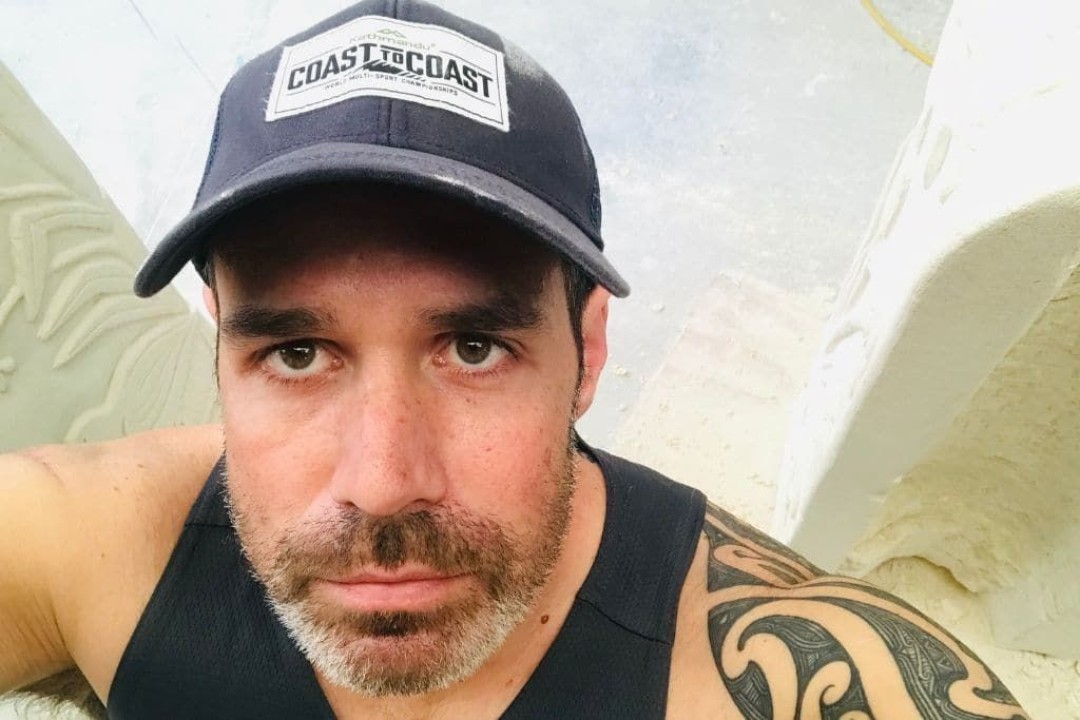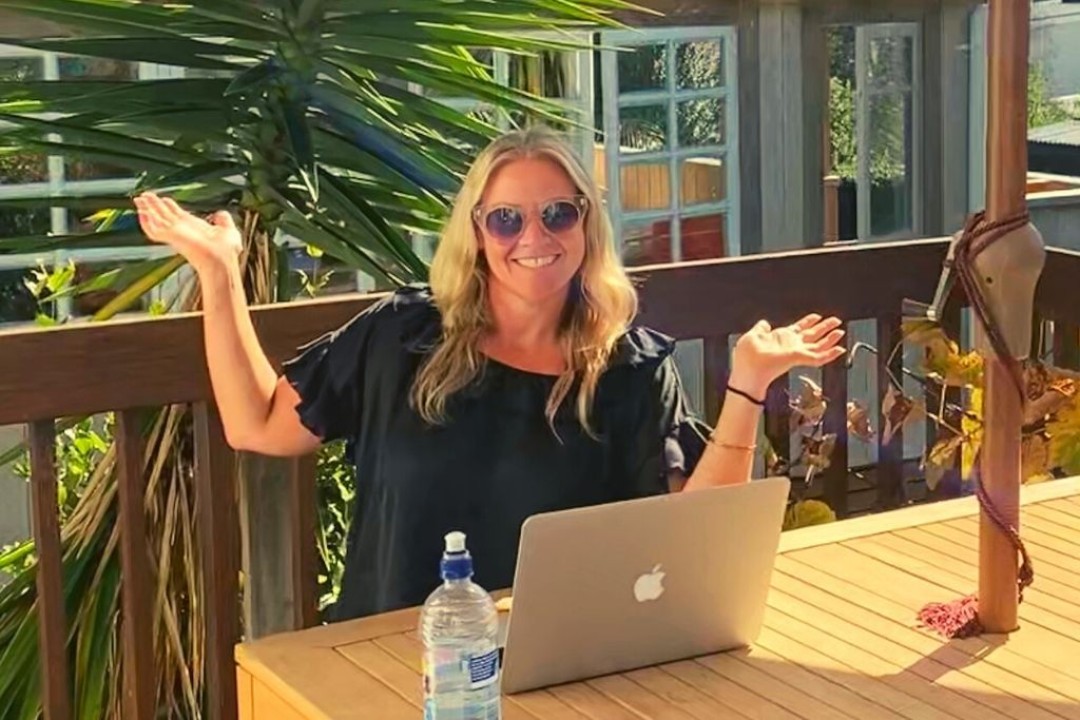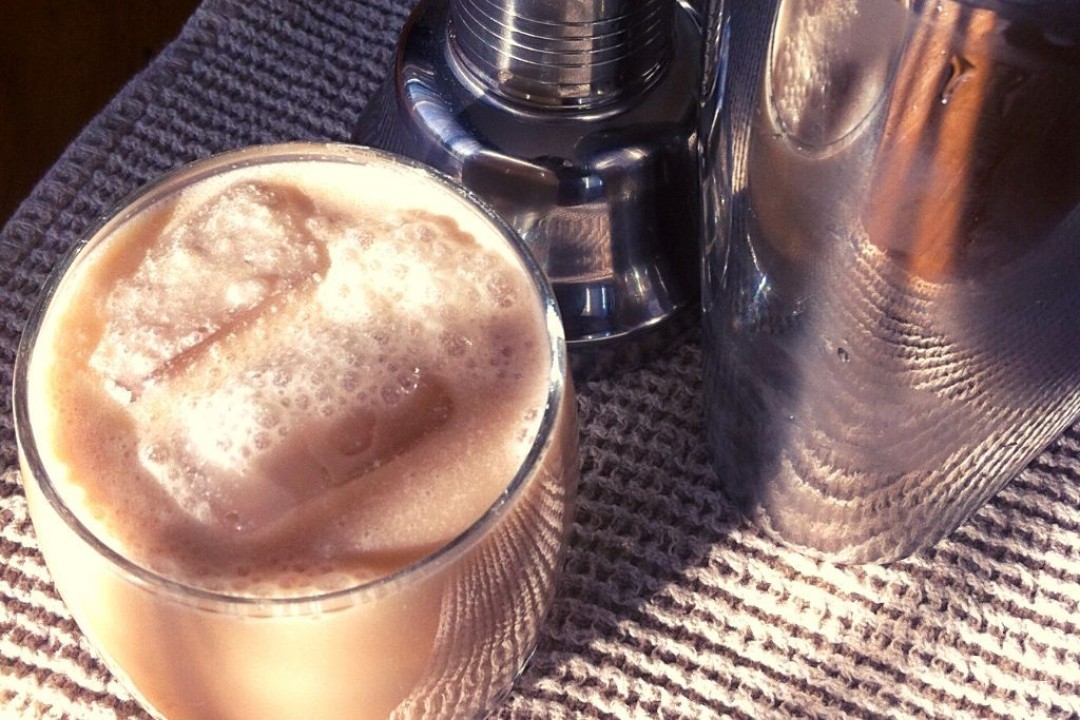Interview with Mrs D
August 17th, 2018 Guest Posts 9 comments
A long-time members of this site and community moderator Tom (a.k.a. @behind-the-sofa) recently contacted me to ask if he could interview me over email. I agreed and over the next few weeks he emailed me questions I sent back my replies. He then wrote the interview up and offered it for publication here. I hope you enjoy it.
=============
Tom: Lotta Dann has been a major mentor to me in my sobriety. Without Lotta I wouldn’t be a peer support worker now – I might not even be sober. The likelihood is I’d still be frying bacon for a living. I met with her last year down in Wellington and I told her about how if I had to poach one more egg I would be the one to crack up. She suggested I try Peer Support work, before that I didn’t even know what it was. She also gave me a job as a moderator here at Living Sober, and she was the one who put me in touch with the right people so that I could do Peer Employment Training. Her self-examining blogs and articles have illuminated the way for many addicts to see that they’re not alone and that many others are trying to find their own way out of the dark cave of addiction. She’s written and spoken with clarity and openness about the inner workings of the addict brain: the relentless thoughts; the devious behaviour; the ‘Wolfie’ and the ‘Wine Witch’ (the names given to those voices in your head that tell you to use). She’s written about the witching hour, the 2am trips to the toilet, the sleepless nights, the regret, the anxiety, the betrayal. The outer facade that everything is fine – such a complete mask that even close family members can’t see the truth – when inside the isolated addict brain all is not well; the mask begins to slip and cracks appear. The inner and the outer world are out of sync and keeping the show going takes more and more effort – the serene looking swan cannot keep paddling at this rate for much longer. Lotta forged her own pathway of recovery, using her gifts as a writer to blaze a trail to freedom and connection, and in doing so has found and supported many others who were suffering in silence and isolation.
Tom: It seems to me you wrote your way to sobriety. You put your thoughts and feelings into text and re-organised your brain through your candid autobiographical writing. In the beginning you did this for a blog which was meant for your eyes only but by some strange osmosis soon your words spread through the internet and started influencing many other addicts. Do you think maybe subconsciously you were being pulled to help other people, and that part of you knew all along that it wouldn’t just be a private journal even though you may have thought so at first.
Mrs D: I can see how it would look like this now – given how things turned out – but the answer to this is genuinely ‘no’. When I started writing my blog as a tool to get sober I was absolutely just talking privately to myself. Remember at the time that I quit drinking I was utterly miserable and in a dark and lonely place so the last thing I wanted to do was ‘put myself out there’. The only reason I was putting my private writings in a blog template on the internet was because I type fast and I thought it would be easier to do it that way than via pen and paper. I never in a million years thought anyone would be interested in a loser boozy housewife from New Zealand. However things changed for me pretty quickly in that 1) I started to feel MUCH better about myself the more days and weeks I didn’t drink and 2) as I looked around I quickly discovered there were other people writing about getting sober like I was. So I started ‘putting myself out there’ very slowly by making online connections with a few other sober bloggers. Things progressed from there….
Tom: You’re being very harsh on yourself!!! ‘A loser boozy housewife’. I guess your self-esteem was not as good back then. I guess most addicts have low self-esteem as they continually let themselves down and ‘take it too far’. Although of course I shouldn’t generalize; one should speak from the ‘I’, as I’ve learned from doing peer support work. Obviously, the journaling has helped you, but also getting the feedback and feeling of connection to other addicts must have also been a huge boost. Could you talk about how helpful each aspect has been (the writing itself and the feedback).
Mrs D: Because I was writing for myself in such an unfiltered way at the start it was incredibly cathartic. I could get all of my dark secrets and twisted thought processes out of my head without fear of judgement. So freeing and powerful! I also discovered as I kept blogging that I had a naturally very upbeat ‘voice’ in my writing that was often at odds with how I was actually feeling – so I buoyed myself along in print massively which was lovely. I enjoyed the writing, the honesty, and the discipline of blogging and all of that focus helped me through those tough early stages of sobriety. Once I started connecting with others and talking with them (and them with me) well, WOW!, my whole blogging experience went to a whole new level! I felt understood, supported and even more motivated to remain alcohol free.
Tom: How might things be different now if your blog had stayed as a private journal?
Mrs D: If I hadn’t connected with a tribe of fellow addicts online I’m not sure that I’d be as solidly sober as I am today without needing other interventions. Even though I set out to do it alone I’m not sure I would have been able to long term. It really is fantastic to connect with others who know exactly what it’s like to battle addiction and to reframe and re-establish yourself as a sober person. So, if my blog had stayed as a private journal it probably would have petered out and maybe – hopefully – I would have sought support elsewhere.
Tom: One thing I’ve always admired and wondered about, is your 100% affirmation that you will never, ever, drink again. To me this sets you apart from the majority of other addicts in recovery, who use the one day at a time mantra: just today, just get through today (although I’ve never really prescribed to that myself, except maybe initially for the first few days). I know you look forward to milestones too, but I’m really conscious of the fact that I might not get there. For me it’s a fear of where my life will go if I start drinking or taking drugs again and I think having that fear helps keep me sober. Indeed, most addicts in my experience, are hyper aware that a relapse could be just around the corner: one argument, one bad experience, one disaster or maybe just one moment of boredom away from letting their guard down and using again. But you have always been resolute that you will never ever drink again. How did you get such a resolute and total vision for your future? (and how can I get it!?) …..
Mrs D: I just decided right from the get-go that for me it had to be total and absolute for it to work. I had tried for months to moderate and control my intake and I didn’t want to waste any more time attempting that. I knew that there were people who did manage to transform themselves into non-drinkers who never touched alcohol ever, and so I decided that I would emulate them and do that. I liked the enormity of that decision and the clean nature of it – “I am now a non-drinker”. Not sure what that says about my personality but I just made that decision on Day 1.
Tom: That’s awesome that you had such a focused mind-set. I think it shows clear thinking and a non-nonsense approach. Do you think that’s the attitude you needed to adopt to keep yourself sober – the just total abstinence ‘I’M DONE WITH YOU FOREVER!’ approach? And of course, you genuinely believed it but do you think you really knew and meant it from the very start or did you sort of speak the mindset into existence? In other words do you think it’s more that we act our way to better thinking or think our way to better acting?
Mrs D: I knew it was possible and I trusted that I could do it to. I backed myself and had faith it would get easier and become my new normal. It took a while but eventually my belief was proved to be true. I think this is the attitude that kept ME sober. One thing that is abundantly clear is that what works for one person doesn’t necessarily work for another. All we can (and should!) do is share openly and honestly about what works for us so that others can get ides of what to try for themselves. Our personalities and circumstances are all so different there is no ‘one size fits all’ approach to sobriety. I know for many people the thought of ‘forever’ is just way too overwhelming so for them ‘just for today’ is the most powerful attitude they can adopt.
Tom: I totally agree. As Peer Support Workers we’re trained that we’re only the experts on ourselves and that each individual is stronger than they realize and has all the answers they need within themselves. Now, some people frame addiction as a combination of different factors: as a psychological/biological/social and cultural phenomenon. In this sense not just a mere biological disease but a combination of many factors which have to come together to form an addict. Indeed, many of the substances themselves do not appear to be addictive in and of themselves and only a small percentage of people who try drugs and alcohol actually become addicts. Often, there is some trauma, or pain at the centre of the problem, then a user finds a substance which medicates that pain and then eventually they become addicts. I myself can’t pin point any one particular traumatic event in my life, but as I look back now on my teenage years I think a combination of things including my parent’s divorce may have contributed, as well as the learned behaviour of watching my father drink. Why do you think you developed addiction issues?
Mrs D: Honestly, I don’t exactly know the answer to this one. I look back at my childhood and life and try to pick out things that will explain why I developed into an alcoholic. I know that from the very first time I touched booze I responded to it in an incredibly enthusiastic way. I just loved everything about it. How it felt in my body, how it shifted reality, how it felt naughty and cool. So was there something in my genetic make-up that meant alcohol and me were destined to have a long relationship? I’m sure others must try it and not experience such a longing for it straight off the bat…but I certainly did. So maybe there was something in my bones that was pre-established? The whole ‘numbing emotions’ side effect was also very appealing although I didn’t understand that was one of the things I enjoyed about booze until after I’d quit. I do also want things to be ‘fun’ and ‘upbeat’ all the time and alcohol helped greatly with that was well. So there were many positives for me initially. I also look at the environment I grew up in – a family and society where alcohol was normalised and glorified – there were no reasons presented to me for NOT being an enthusiastic boozer. I suppose you could say it was a perfect storm for me. I loved how it felt in my body and brain. I loved how it numbed my emotions and my environment enabled me to develop an enthusiastic habit. There is no one thing, no ‘silver bullet’, that I can find to explain my addiction issues. I would categorize addiction issues as incredibly complicated! There are so many variables that play into different people’s stories. We can find a lot of similarities between ourselves but so many differences as well. The reasons why we drank, our life histories, our personalities and character traits – good luck to anyone trying to figure out why some people get addicted and some don’t. Honestly – I really don’t think it matters. I have never spent much time trying to frame or categorise addiction. I’m not interested in having long discussions about whether addiction is a disease or not, what labels are appropriate, and such things. It just doesn’t seem important to me. What is important that we the drinkers are honest with ourselves about our habits and the negative impacts alcohol might be having on our lives. That we the drinkers are brave enough to admit the truth and take steps to turn our lives around. And that we the drinkers believe in our hearts that we can live full, fun and rewarding lives without touching booze ever. That is what we should be putting our energies into: working on ourselves.
Tom: I like the way you put that. I think there’s a zen quote something along those lines: ‘If you want to change the world, first you must start with yourself’. Now, you’ve been sober for over six years now and you seem very resolute and secure in your recovery. You have an online presence across many different platforms promoting various aspects of recovery. Where do you see yourself putting your energies in the future?
Mrs D: Into what I’m doing right now which is parenting my kids and running my household, running the Living Sober website and my other online spaces, doing some other work on the side to earn money and keep myself stimulated, and keeping myself well by nurturing all the physical, emotional and spiritual sides of my life (through things like yoga, dog walking, mindfulness, healthy eating etc). Right now I have no grand plans other than to keep doing what I’m doing. I love being a recovery advocate and promoting alcohol-free living. It doesn’t take too much effort and the rewards are massive. Everyone in my online spaces – that is on Facebook, Twitter, Instagram, my blog and the Living Sober website – is super lovely, kind, brave and honest. Why would I want to leave all that goodness behind? So for now my plan is just to continue on as I am.
Tom: Well I for one hope you continue to burn the candle and promote recovery – it’s a long journey and one that never really ends. As you saw high-profile people who got sober and used that as motivation, so I was motivated by your progress and wanted to be like you. My final question is: if you could go back in time to when you first picked up a drink, and stop yourself from taking it, would you?
Mrs D: No I wouldn’t because then I might not be where I am right now and I LOVE where I am right now! So I have no regrets, only lessons learned.
Continue reading
Sober Story: Matt
This week’s Sober Story comes from Matt, a 43-year-old writer living near the foot of the Port Hills in Christchurch.
June 28, 2019 – 36 comments
My sober pandemic: Fiona
======= ======= Fiona: At first I was detached and then emotional and then uncertain and now I’m ok.
May 2, 2020 – 5 comments
Creamy Coffee Mocktail
I always love an opportunity to get the cocktail shaker out!
May 26, 2020 – 1 comment



